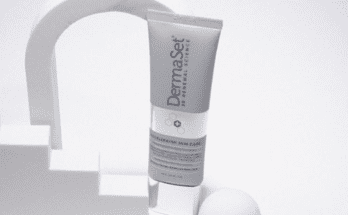Almost every procedure you would want to opt for has a catch. Deciding whether or not a specific product or treatment suits your skin type is always something that catches one in utter confusion. How can you stay home and decide what’s your skin type? How is it that you can buy products you wish for without having to nag a dermatologist? It all gets easier when you know your skin type and there are a few hacks that help you understand what your skin type is and you can choose your products accordingly. The few skin types are as follows:
Oily skin
Some symptoms are extremely oily skin, large pores or severe acne and blemishes. Apart from this black heads and unclear skin also falls under this category. However many skin types are oily, yet different from each other. This is because oily skin has sub-types as well, for instance, oily skin/blocked pores, oily skin/aging, oily skin/sensitive. So even though the symptoms for oily skin will all remain the same, a treatment can only be chosen depending upon the variation you fall under.
Normal skin
Even though you might think that normal skin has no other feature attached to it, there are still sub-types to it. For example, normal skin can be highly sensitive too. A good way to tell that your skin is normal, but sensitive to notice whether or not it produces oil during summer, and whether or not it instantly dries up during the winter. You can also tell that your skin is sensitive if it frequently gets pigmentation.
Dry skin
The ideal way to recognize dry skin is when you notice pigmentation or dryness. Your skin may also look tired all the time and may also have a loss of tone. Often time’s skin can be dry and sun-damaged too.
Sensitive skin
Even though your skin can be sensitive alongside being oily or normal, you can have a specifically sensitive skin too. However, you can only tell that your skin is sensitive if it is prone to reactions dependent on a change in use of products.
Conclusively, knowing your skin type is not only important when it comes to using different products or going for different treatments, but once you’re aware of what your skin type is, it gets easier for you to take care of it. For instance, if you are now aware that you have a relatively oily skin, you can take precautions to restrict that oiliness from getting worse. This is especially ideal for those of you who have oily sensitive skin, because those are the one who are more likely to have acne. However, knowing your skin type and being aware of the fact that it is more likely to have acne can help keep distance from all factors that lead to acne getting worse. Once you’re aware of your skin type, it also gets easier to search for skincare regimes.




